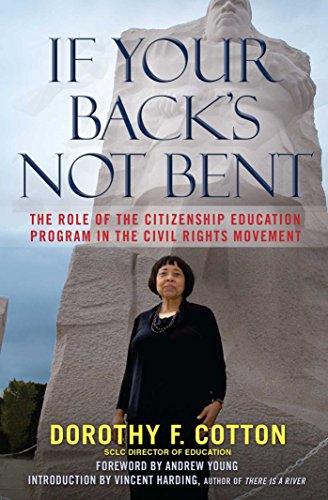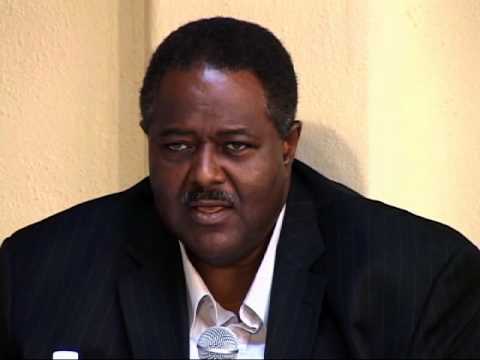By Jeff Linder, store manager of Kowalski’s Oak Park Heights market.
In the last 10 years, Kowalski’s Markets has dedicated substantial resources in terms of time and money to send all of their leadership personnel through an in-depth training course on civic organizing and civic leadership. Owners Jim and Mary Anne Kowalski take their obligation to be more than just a successful business very seriously. What they and their company have undertaken is a new approach to policy making, based on democratic practices, which we use to solve business issues and meet our goals.
So how does civic policy making work in our company? Over the last several years, we have been focusing on building a civic infrastructure within our company. Everyone in key positions from our COO and VP, to our corporate staff and all department managers is called a “Civic Leader”. This group is tasked with the responsibility to teach and organize the rest of our employee base (stakeholders) to understand the identity of the company and the role they play in it. These employees are called “Active Citizens.” The nature of our business is that a high percentage of our stakeholders are part-time and entry-level employees. To organize this group, which includes a large number of young people that typically do not stay in our employ for a long period of time, is a large task, and we are definitely still in a phase where we are learning how to most effectively organize them to their role.
A key ingredient of our mission is our public meeting strategy. In addition to the organizing and capacity building that occurs on a daily basis, all management personnel are expected to have regular one on one meetings with their key stakeholders and quarterly or semi-annual meetings with their entire department. The goal of these meetings is to integrate the technical aspects of our business with the individual roles of active citizens by focusing on our identity with particular emphasis on our operating principles (the primary policy document within our company).
When our employees involve themselves in policy making within these meetings, they are sharing the responsibility to help create success in their department, store and the company they work for. This process is open and transparent, and in their role of active citizen, they contribute to civic policy making by being public with concerns, being involved in problem solving and achieving goals and contributing to justice and the common good. When these stakeholders begin to understand that every decision they make has an impact on everyone else around them as well as the success of our company, they tend to make better and more responsible decisions. The idea that we clearly expect them to be involved in decision making around the opportunities and challenges that we face every day tends to create a strong sense of ownership among our employees.
While we are still learning this new approach, there is a strong commitment to sustaining our efforts, because we have substantial evidence that it is working to create a base of employees who understand that their role needs to be one of involvement and ownership, whether it is around quality of product, customer service, attendance or any other issue. At the entry level, there is a vague sense of being part of something new and different, with a certain amount of surprise and satisfaction that even in their positions we ask them to be involved in policy making and to contribute to justice and the common good. Our long term part-timers, of which there are many, have begun to fully understand that they are key stakeholders in our company and that their role is critical to sustaining our company as a successful civic business into the future. The level of ownership among this group has surpassed anything I have seen among comparable employees in the nearly 40 years I have been in this business.
Civic organizing and this new approach to policy making has really made us a much better, more effective and productive business, which ensures our sustainability into the future. However, we must recognize this as a tremendous benefit of this approach, but not at all the primary reason we became involved in it. As the influence of civic organizing continues to grow within our company, we hope and expect to see both the civic leaders and active citizens take what they have learned outside the walls of our company to help create a new approach to policy making in the greater world, where current approaches are riddled with apathy, hypocrisy and ineffectiveness.
This is the mission of the Minnesota Active Citizenship Initiative of which we are a member, alongside the Citizens League and the Islamic Civic Society of America (ICSA), and we are committed to achieving this mission. Whether it is existing employees within neighborhood or community organizations, or employees who have moved on to new employers and/or occupations, we are confident that they will bring the concept of civic organizing and civic policy making to their new institutions in the places where they have influence. By doing so they will be expanding this new approach to policy making we call civic organizing, to help create a more effective way to achieve justice and the common good.



